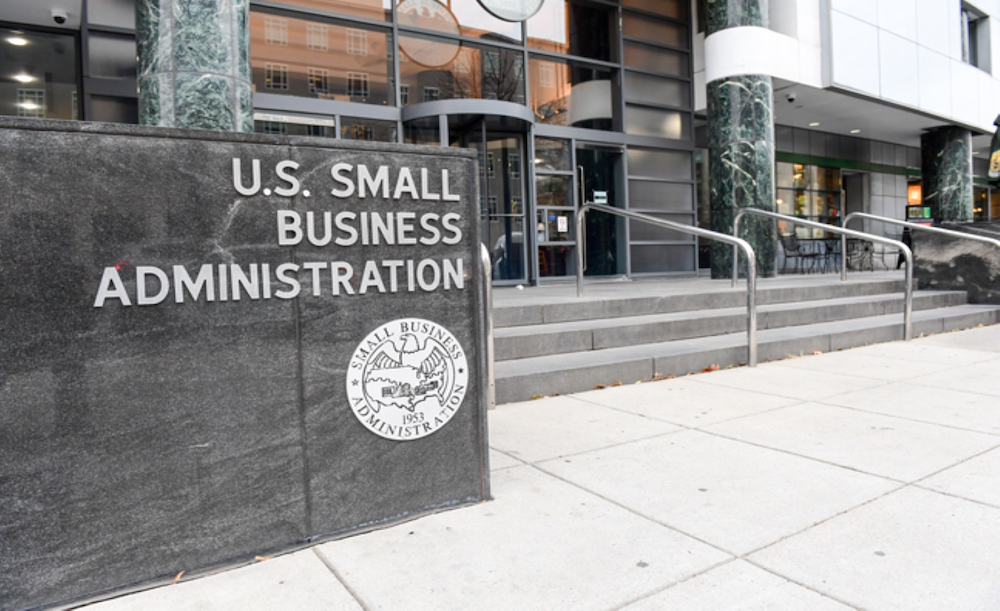
- Details
- By Brian Edwards
- Native Contracting
The U.S. Small Business Administration confirmed Tuesday that a Trump administration executive order targeting diversity, equity and inclusion programs does not affect services provided to American Indians and Alaska Natives, joining other federal agencies in clarifying that Native programs remain protected.
SBA General Counsel Wendell Davis issued a note May 20 to Chief of Staff Wesley Coopersmith stating that the “Ending Radical and Wasteful Government DEI Programs and Preferencing” executive order does not apply to SBA programs serving Native Americans.
The clarification came in response to a request from the Native American Contractors Association. NACA had raised the issue during a February fly-in where SBA leadership met with Native-owned businesses to discuss federal contracting issues, according to the nonprofit’s executive director, Quinton Carroll.
President Donald Trump signed Executive Order 14151 on January 20, directing federal agencies to terminate DEI programs, including those related to environmental justice and accessibility.
Davis wrote that the executive order “by its plain terms, does not apply to programs or activities of the Small Business Administration that affect or serve AI/ANs.” He added that applying the order to Native programs would be unreasonable given that tribes are separate sovereigns.
The SBA joins other federal agencies in confirming Native programs are exempt from the executive order. The Department of Health and Human Services clarified in January that the order does not apply to Indian Health Service programs, while HHS issued Advisory Opinion 25-01 in February stating that executive orders targeting DEI programs do not affect federal programs serving American Indians and Alaska Natives.
The Department of the Interior also issued Order No. 3416 acknowledging that the executive orders do not affect the department's legal obligations to Indian tribes.
The SBA's clarification this week addresses concerns that had been raised by Native American business organizations following the executive order's implementation.
“The SBA leadership team, shortly after coming into office, met with NACA members to have an open dialogue about issues and priorities facing Native owned small businesses,” NACA’s Carroll told Tribal Business News. “Their team shared that they understand these challenges, and this guidance provides the definitive assurances many of our Native owned businesses requested.”
The SBA operates several programs specifically for Native American entrepreneurs and businesses, including the 8(a) Business Development Program, which provides contracting opportunities for socially and economically disadvantaged small businesses, including those owned by Native Americans.
Beyond the 8(a) program, the SBA's protected programs serving Native Americans include 7(a) loans, 504 loans, microloans, disaster assistance, business development workshops, technical assistance through the Office of Native American Affairs, and the new Native American Trade Expansion Program providing export grants.
The 8(a) program alone has helped thousands of Native American-owned businesses secure federal contracts worth billions of dollars over the past several decades. Other SBA programs serving Native communities include specialized lending programs and business development centers located in Indian Country.
For Native American business owners and tribal enterprises, the SBA's position provides clarity that their access to federal contracting opportunities and business development resources will continue unchanged. The agency's Native American programs are based on the federal government's trust responsibility to tribes and the recognition of tribal sovereignty, rather than general diversity initiatives.
The guidance comes as the SBA undergoes significant changes under Administrator Kelly Loeffler. The agency announced March 21 it would reduce its workforce by 43%, eliminating approximately 2,700 positions as part of an agency-wide reorganization aimed at returning to its “founding mission of empowering small businesses,” according to an SBA news release. Loeffler has already reduced the agency's federal contracting goal for disadvantaged businesses to the minimum of 5% from the Biden administration's high of 15%, according to Bloomberg Markets.
Carroll said NACA “appreciates and thanks the SBA for its commitment to upholding the statutory, Trust, and Treaty obligations of the federal government to its Native communities.”
